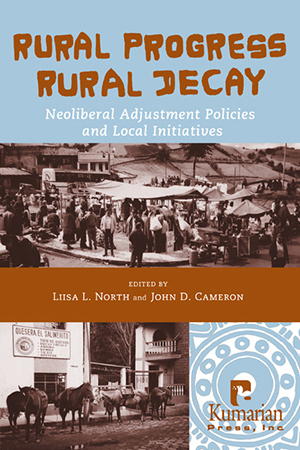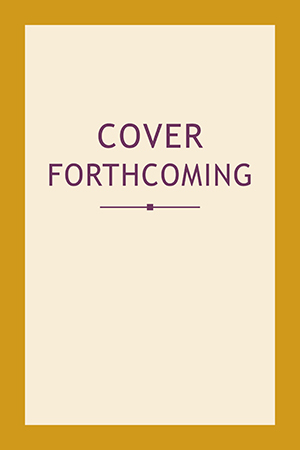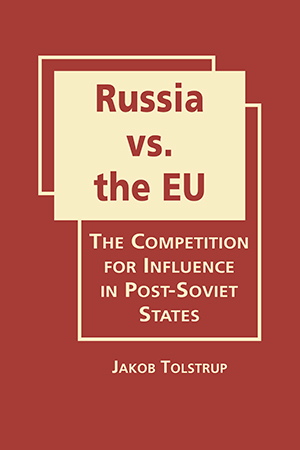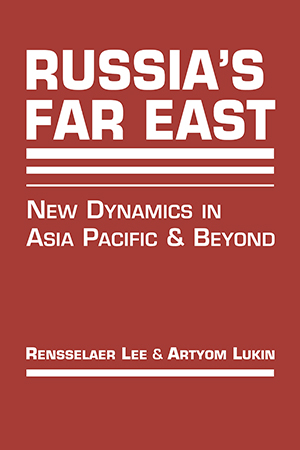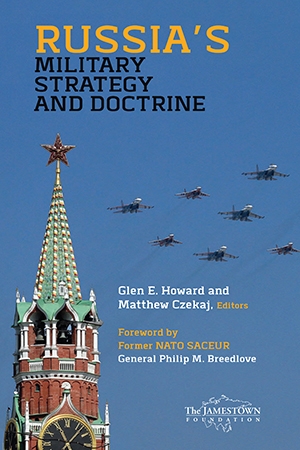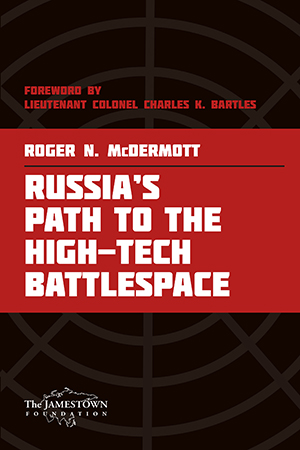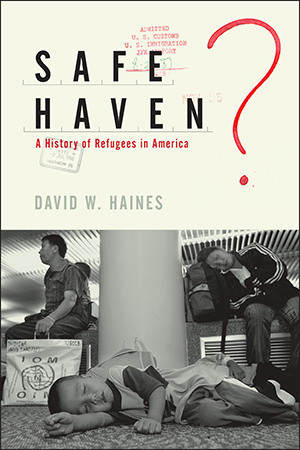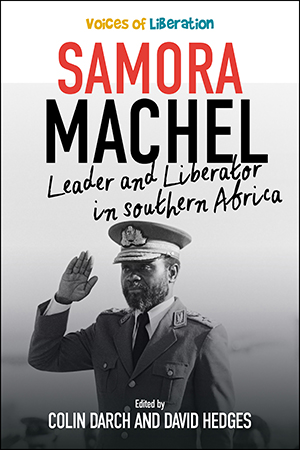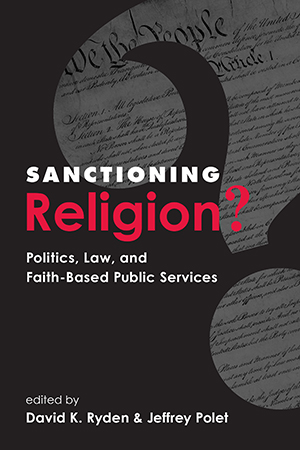BOOKS
How do rural development programs, especially those run by nongovernmental organizations, cope in a time of structural adjustment programs and economical liberalization? Using Ecuador as a More >
Offering a fresh perspective on Vladimir Putin's Russia, Katharina Bluhm demonstrates how an illiberal-conservative movement created in the 1990s to oppose neoliberal globalization has More >
Do Russia and the European Union have any substantial influence over the political trajectories of post-Soviet states? Shedding new light on the interplay between domestic and external More >
The strategically pivotal Russian Far East—a vast expanse stretching from Lake Baikal to the Pacific Ocean—is notable not only for its rich natural resources, but also for the More >
How does Russia fight wars? How are its experiences with modern conflicts shaping the evolution of its military strategy, capabilities, and doctrine? Addressing these questions, the More >
Roger McDermott traces the origins and trajectory of Moscow's modernization of its armed forces to exploit technology and adopt new approaches to warfare. Drawing extensively on More >
Why did Rwanda's rural Hutus participate so massively, and so personally, in the country's 1994 genocide of its Tutsi population? Given all that has been written already about this More >
In his masterful study of the relationship between refugees and the United States, covering seven decades of immigration history, David Haines shows how both the refugees and their new More >
The life story of Samora Machel (1933–1986) reads like a compelling novel: humble beginnings, a rise through the ranks of the Frelimo anticolonial liberation movement, successes and More >
Does federal funding of a church's welfare-to-work program constitute government endorsement of a particular religion? Do religious organizations that accept public funds lose the legal More >


